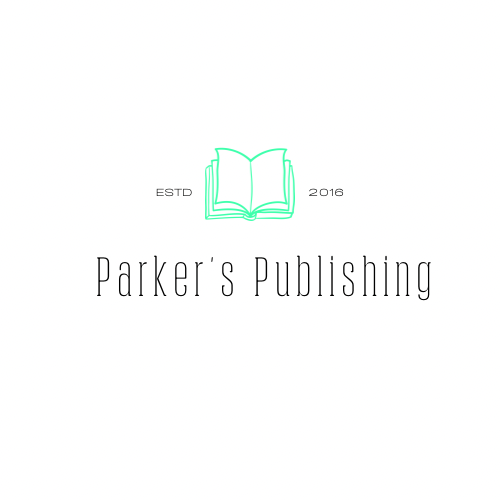When many of us think about improving brain health, what we are really interested in is boosting our intelligence. If we become more intelligent, then we can solve problems, work more efficiently and generally become more adept at pretty much any kind of challenge.
But increasing intelligence is no simple feat. And this is particularly true when you consider that intelligence is actually a very abstract concept. What even is intelligence? Is intelligence actually just ‘one thing’ or is it multiple ‘things’? Let’s take a closer look…
A Modular Approach to Intelligence
If you take the stance that intelligence is in fact ‘lots of things’, then that would mean you took a ‘modular’ approach to it.
In other words, this means that you view intelligence not as a single thing but rather as many separate things, independent of one another. This seems to make sense when you consider that someone can be fantastic verbally but not so good at math. Or when you think that some people have a lot of knowledge (called ‘crystalized intelligence’) whereas others are better at abstract puzzles (‘fluid intelligence’).
Psychologist Howard Gardner subscribed to this view and described us as having ‘multiple intelligences’. It may even be that there are some negative correlations between types of intelligence – in other words, being smarter in one domain might actually make you less smart in another!
Overall Smarts
But this is a somewhat frustrating answer because it suggests that there may be no singular way to become more intelligent. One approach then might be to prize one form of intelligence over the others – what cognitive ability will bring you the best results across the board? If you were to try and mimic the brain of Einstein, then you might focus on your special reasoning. Einstein actually had particularly large inferior parietal lobes, which could have meant he had better spatial intelligence – which is reinforced with his explanations of how he came up with ideas.
Brain Connectivity
But Einstein also had another interesting feature in his brain. He had a particularly thick ‘corpus callosum’, which would have meant that his left and right hemispheres were better at communicating with one another. Many psychologists have theorized that the best way to see overall global intelligence is to increase connectivity between different brain regions – that this allows you to come up with more novel ideas and to manipulate information in different ways.
Now the question becomes: how do you get a big parietal lobe? How do you increase your connectivity?
And the answer is probably a combination of the correct training and learning (particularly in younger age), along with a more plastic brain. Brain plasticity is the ability we have to adapt our brains to any given situation like a muscle and this could be what allows us to quickly learn a new task and to grow the specific brain regions and connections that we need at any given time! The good news? It is possible to train brain plasticity!

